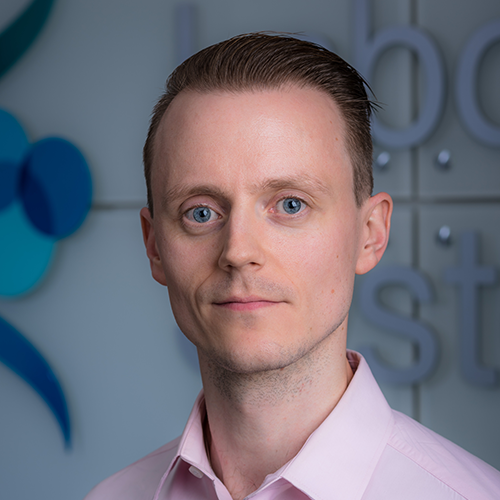Theoretical Physics
Theoretical Physics is a branch of physics that employs mathematical and computer-based models and abstractions of physical objects and systems to explain and predict natural phenomena. There are different levels of abstractions in theoretical physics ranging from phenomenology, which establishes a connection between a model and various observed or measured phenomena/characteristics, to a very abstract level that emphasises a mathematical approach, such as mathematical physics.
A comparably new direction is computational physics, which treats complicated models of nature using powerful computers. Regardless of the field of physics, a theoretical physicist is trained to explain existing observations and predict new facts by solving challenging intellectual problems – using pen and paper, a computer, and most often – both.
Theoretical Physics at KTH
You must choose a minimum of 40 ECTS credits from core knowledge courses within the track. There is one mandatory courses in quantum mechanics ( SI2380 Advanced quantum mechanics )and two strongly recommended courses in statistical physics ( SI2510 Statistical mechanics ) and ( Special relativity SI2371 ). These courses provide the basic theoretical tools required for more specialised courses in either condensed matter theory or in high energy physics. The conditionally elective courses provide specialisations in computational physics, particle physics, mathematical physics, condensed matter physics and theoretical biological physics. Suitable elective courses give even more profound knowledge of theoretical and mathematical physics or experimental physics.
Career
After completing your master's degree in the Theoretical Physics track, there are good opportunities for a career as advanced problem solvers, researchers in industry, or continued PhD studies. The skills acquired in this track are highly sought after in the high-tech industry, consultant and information technology companies and the finance and insurance sector. The ability to build a model and make predictions is a valuable skill that finds application across a broad range of companies.
Graduate interview

